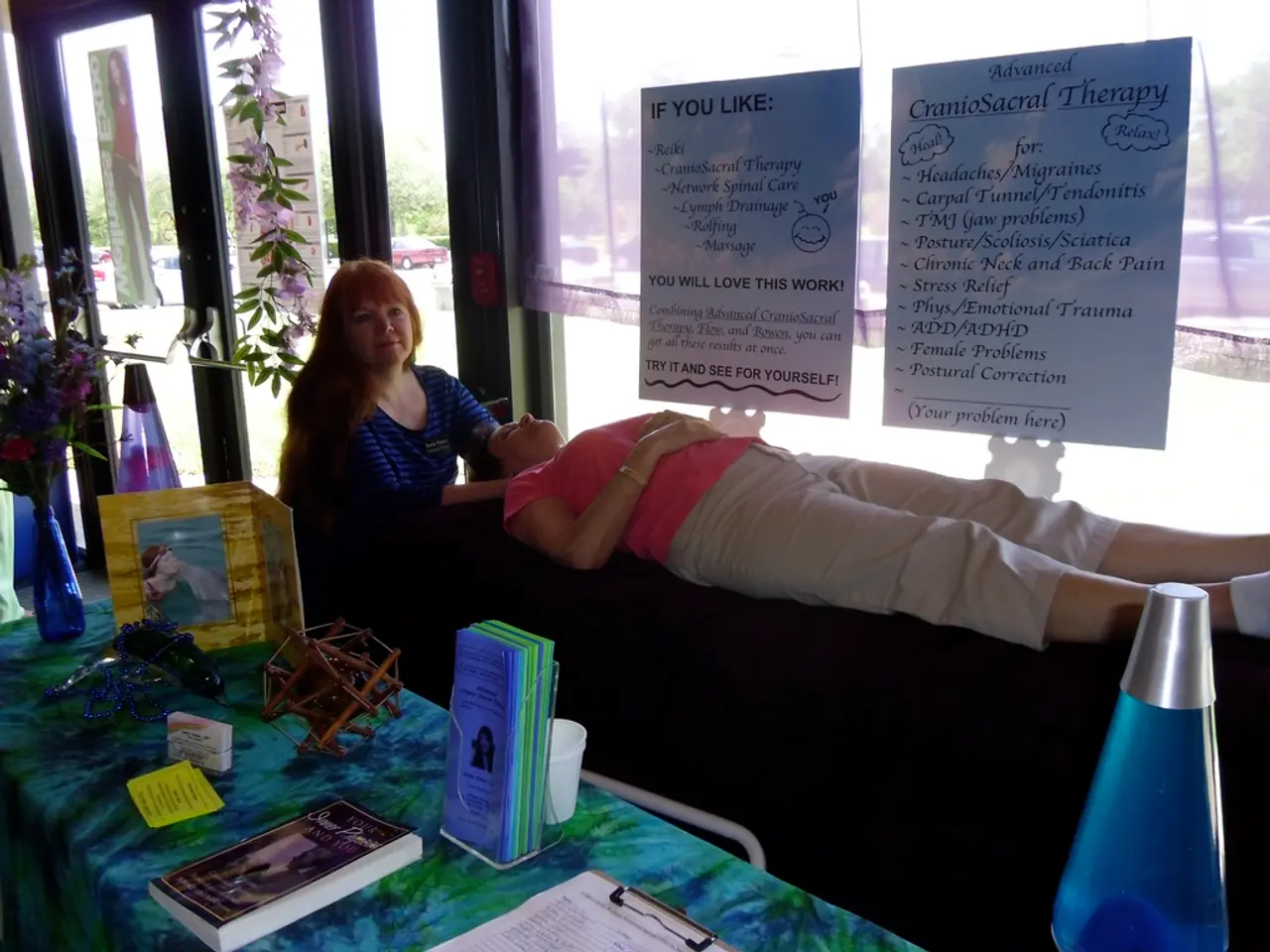Cold Hands in Anxiety Sufferers: Causes and Relief Strategies
This article provides information about the connection between anxiety and cold hands, and offers strategies for managing this symptom. It is important to note that this article does not have the power to diagnose or recommend treatment; it is recommended to consult a psychologist for a particular case.
Anxiety can cause cold hands due to the activation of the sympathetic nervous system, which is part of the "fight or flight" response. This response redirects blood flow to vital muscles and organs, reducing circulation in the limbs such as hands and feet, causing them to feel cold.
One related condition is Raynaud’s syndrome, which can be triggered or worsened by high emotional stress and anxiety. In Raynaud’s, the blood vessels overreact to stress and cold, shutting down blood flow more profoundly and leading to cold, numb fingers and toes.
If you are experiencing cold hands due to anxiety, there are several effective methods to manage this symptom:
- Stress reduction techniques: Practices like deep breathing, mindfulness, meditation, and progressive muscle relaxation can help calm the nervous system and reduce symptoms.
- Physical warmth: Wearing mittens (instead of gloves) traps heat by keeping fingers together. Using moist heat packs or paraffin wax treatments can also help warm the hands by improving local circulation.
- Avoiding triggers: Minimize exposure to cold environments and avoid direct contact with cold objects like refrigerated items, as these can provoke vasoconstriction bouts or Raynaud’s attacks.
- Hydration and lifestyle: Staying well-hydrated supports overall body function, which can help manage anxiety and its physical symptoms. Regular exercise also improves circulation, reducing the frequency of cold extremities.
- Cooling setpoint management: Splashing cool water on the face and wrists can calm the sympathetic nervous system and reduce anxiety-induced sweating and discomfort, indirectly benefiting circulation.
If cold hands are persistent or severe, evaluation by a healthcare professional is important to rule out underlying circulation issues, vitamin deficiencies (such as B-12), or other medical conditions that may exacerbate symptoms.
Seeking support from friends, family, self-help groups, or sports institutions can provide emotional support for managing anxiety. Writing down thoughts, behaviors, and emotions related to anxiety can help alleviate nervous tension and provide a new perspective on problems. Additionally, mindfulness, a therapeutic practice focused on the present, can help reduce the intensity of anxiety symptoms.
If anxiety significantly impacts daily life and cannot be resolved in the short term, consulting a mental health professional for psychological therapy is advisable. Mild or moderate anxiety can be treated through specific techniques, while more grave cases may require psychological and psychiatric assistance. Work stress, family experiences, drug use, and the presence of other mental health disorders can be causes of cold hands in people with anxiety.
Other related articles include information on tingling in hands and feet due to anxiety, anxiety paresthesia, anxiety causing muscle spasms and cramps, fainting from stress, controlling nerves, diaphragmatic breathing, overcoming fear of blood, and Jacobson’s Progressive Relaxation.
- The activation of the sympathetic nervous system, triggered by emotions such as anxiety, can lead to a decrease in blood flow to the limbs, causing hands to feel cold and numb, a condition similar to Raynaud’s syndrome.
- Mindfulness, a practice rooted in psychology, can help manage anxiety and its related physical symptoms, including cold hands due to the calming effect it has on the nervous system.
- Enhancing mental health through exercises like deep breathing and meditation can aid in reducing anxiety symptoms, allowing for improved circulation and warmer hands.
- In cases where cold hands persist or become severe, it may indicate an underlying health issue or condition, and therefore consulting a healthcare professional is essential for a proper diagnosis.
- Participating in sports activities, as part of a health-and-wellness regimen, can offer emotional support for managing anxiety, alongside providing physical benefits that improve circulation and help alleviate cold hands.




